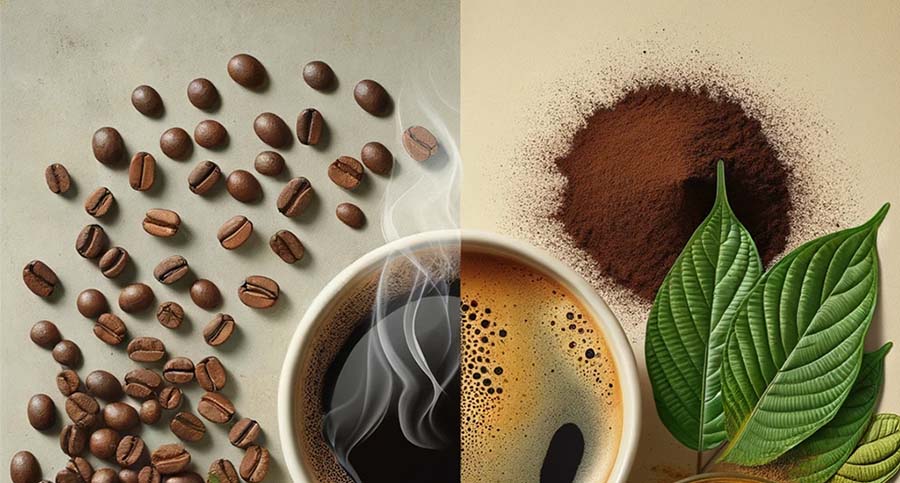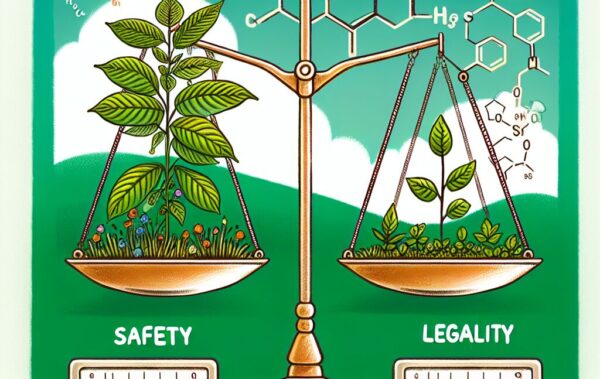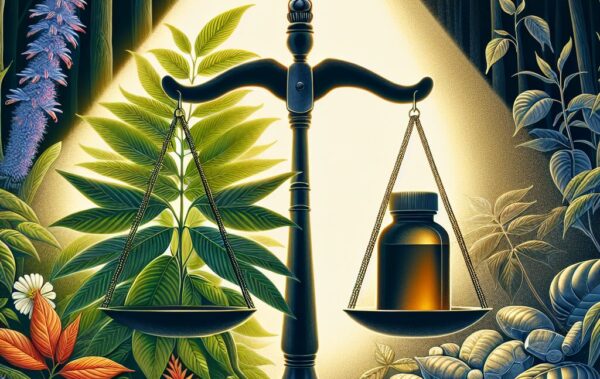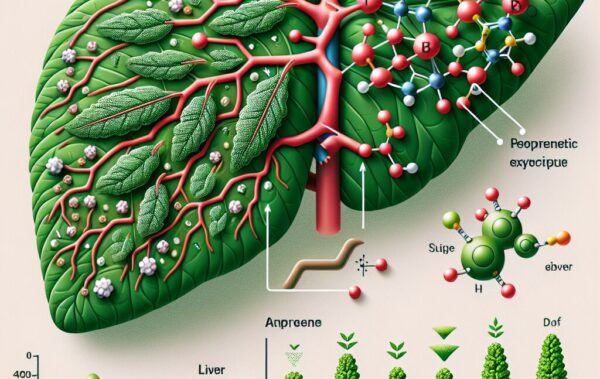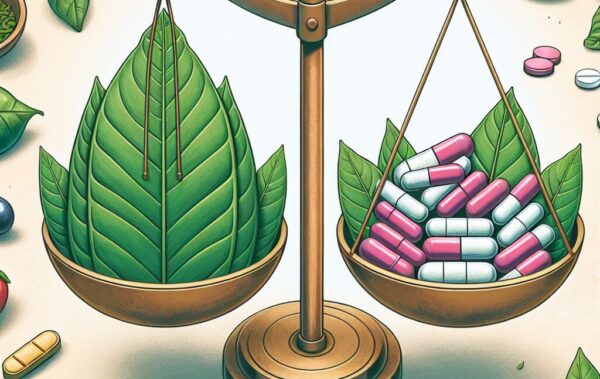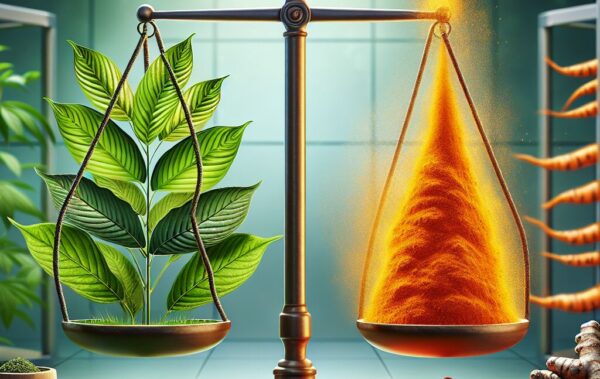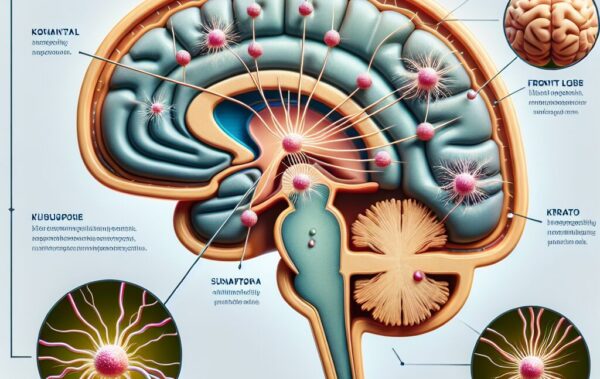The Wake-Up Call: Coffee vs. Kratom for Energy and Focus
Morning rituals often revolve around a steaming cup of coffee. Its bitter fragrance is synonymous with sunrise and the start of a productivity cycle. Yet, a leaf less traveled, kratom, offers its collection of energyancing properties. Far from just a caffeine counterpart, kratom presents a more orchestral approach to stimulation, with a complexity in effect that can seem like a tailored energy formula. This article brews a comparison of coffee and kratom, dissecting their impact on energy, alertness, and more.
Coffee, the champion of the morning routine, is the energy lifeblood for many, a magic elixir in a cup. Kratom, although less common, is gaining recognition for its energizing qualities that diverge distinctly from coffee’s solely-caffeine content. As cousins in the botanical world, they offer stimulation, yet kratom, with its rich alkaloid tapestry, might compose a more complex tune of energized serenity or alert calmness based on the consumption quantity.
The Science Behind the Stimulants: Kratom vs. Coffee
Embarking on a deep dive into the biological specifics, coffee shines with its one-star alkaloid: caffeine. It’s a straightforward stimulation story: caffeine blocks certain receptors in the brain, warding off sleepiness and bringing forth an energetic awakening. Kratom, with a lineup of over 40 alkaloids mitragynine and 7-hydroxymitragynine, is more like a symphony, each alkaloid playing its part in harmony affect varied responses, from mood enhancement to varying levels of energy. It’s not just about staving off sleep but about altering the overall conscious experience.
The vibrant beans responsible for coffee’s gusto—primarily Arabica and Robusta—also contribute to the drink’s diversity with differing levels of caffeine and flavors. This mix guarantees each cup a unique position in the world’s caffeinated tapestry. Kratom’s diversity, on the other hand, lies in its vein colors and regional varieties, each with a distinct profile of effects, crafting experiences that range from energized focus to soothing sedation.
Nuanced Natures: Unpacking the Effects and Experiences
While coffee reliably dispatches swift energy, kratom’s effects are more varied and subtle, determined by dose and strain. Green strains, for example, are said to be uplifting and focusing, akin to a gentle tap on the shoulder rather than coffee’s robust push. Red strains may offer a soothing twilight, a contrast to coffee’s daylight-infused shot of vivacity. The user’s own biochemistry also engages in a dance with the leaf, meaning kratom experiences can be personal and profound.
Practically, lifestyle considerations may guide your choice between coffee and kratom. Coffee, globally accepted, accessible, and ingrained in social constructs, is easy to incorporate into daily life. Kratom, while increasingly recognized, requires a more individualized approach to dosage and consumption methods, coupled with a knowledge of its legal status and the substances it may interact with.
Key Considerations: Coffee vs. Kratom
- Coffee and kratom interact with different receptors in the brain, resulting in varied effects.
- Kratom’s legal status may require research depending on your location, differing greatly from universally legal coffee.
- Both substances can lead to dependency if consumed irresponsibly, with potential withdrawal symptoms.
- Coffee is often part of a social ritual, whereas kratom generally involves a more individualized and mindful approach.
Brewed Answers: Addressing Common Queries
How does the body react to kratom as compared to coffee?
Kratom, at lower doses, tends to uplift energy and enhance focus, much like coffee, but can also introduce a feeling of relaxation and calmness at higher doses, which is not an effect typically associated with coffee.
Which is better you, coffee or kratom?
Both have their time and place depending on the desired effects and individual reactions. Coffee is widely accepted, while kratom offers a broader spectrum of mood and energy modulation.
Are there any health risks associated with coffee or kratom?
Yes, both can have side effects especially when consumed in large quantities. Coffee tends to cause jitteriness and insomnia, while kratom’s side effects can vary and include nausea and dizziness.
Can kratom be consumed in similar ways to coffee?
While kratom can be brewed like coffee, it is often consumed in various other forms such as capsules, powders, and edibles, to cater to different user preferences.
What should beginners know when using kratom instead of coffee?
New kratom users should start with smaller doses, ensure they are hydrated, and consider consulting with a healthcare professional before integrating it into their routine.
In Conclusive Sips: Picking Your Potion
The journey through the realms of coffee kratom is a quest for the perfect balance of zest and zen. Coffee’s robust embrace is a familiar wake-up call, while kratom’s multifaceted oscillation between stimulation and repose offers an alternative to traditional vigor. As you navigate caffeinated streams or alkaloid seas, the choice brews down to personal need, law’s decree, and the particular tingle you wish your mornings—or evenings—to be imbued with. Whether you reach for a mug of coffee or a cup of kratom tea, let each sip support not only your energy levels but your overall well-being in a tailored, thoughtful manner.
Explore Kratom.Markets
Whether you’re fine-tuning your morning routine or searching for an evening wind-down, Kratomets offers insights and options for every part of your day. We pour clarity into the cup of choice, empowering your decision with a compilation of high-grade strains, thoroughly brewed guides, and insights into the world of energy supplements. Explore our collection, understand your preferences, and tailor your energy sources to craft the day that fits you best.

